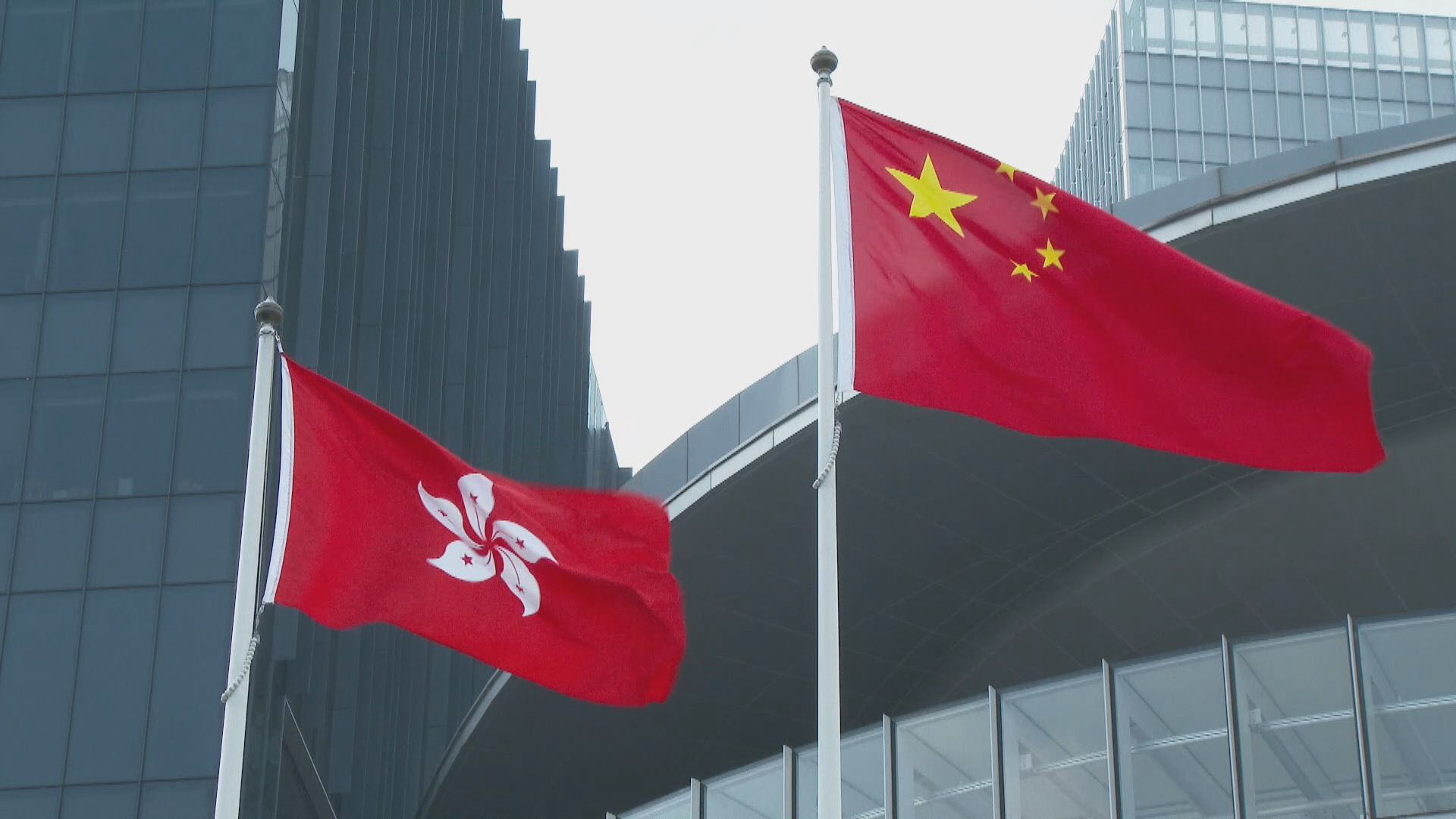
(Photo: CGTN)
Much has been made around the world lately pertaining to events in the Hong Kong Special Administration Region (SAR) of China, where tensions have soared over a new fugitive bill tabled by the territory's legislative council.
Although the bill's specific purpose was to fix a legal loophole related to the ability of criminals to avoid prosecution by entering or transiting through Hong Kong, dissenters accused the bill of having strictly political motivations.
The result of subsequent unrest led Chief Executive Carrie Lam to suspend the timetable of the legislation and "apologize" accordingly. Inevitably, Western media offered uncritical and one-sided support in favor of the demonstrations, framing the amendments as an act of China's aggression.
But is that really the case? Such one-sided "good vs. evil" interpretations of this issue do not tell us a great deal about the social realities at hand. Owing to the influence of existing as a separate British colony, Hong Kong has developed its own sense of political and social "identity" which is unable to come to terms with the reality that it is intrinsically, part of China.
Having benefited from prosperity longer than China itself has, this has also led to a sense of "superiority" over their mainland counterparts and in turn, a growing sense of hysteria and negation towards all things "China." In essence, it is the fear of change that is influencing these political events.
A few years ago, I resided in Hong Kong. There is much to love about this territory and its people. A place of wonder, it has a brilliant atmosphere and an authentic local culture that captures people's deepest imaginations. However, the issue of its relationship with the Chinese mainland and what they call the "mainlanders" hovers above it like a dark cloud.
Anyone versed in basic history will know that Hong Kong was a territory annexed by Great Britain in the 19th Century and developed as a crown colony, albeit on the condition that the majority of the area's land, known as "the new territories" would have to be returned under the mantle of a 99-year lease.
Despite this, what the British built was of course, inherently successful, even though ironically it was not democratic. Yet, owing to its linkage to global markets, finance and commerce, the territory boomed whilst the Chinese mainland historically suffered from war, political struggles and poverty.
This created in the long run, two very different sets of people. Hong Kong residents were lucky to experience prolonged prosperity, stability and development. Thus, when it was time for the territory to be returned to China, there was always going to be problems. Residents had become accustomed to the existence of Hong Kong as a singular and exclusive political space.
Now, change was afoot. One country had become "two peoples."
Thus, as China has rapidly developed and economically integrated itself with the territory, many segments of the Hong Kong society have become extremely defensive pertaining to the "mainland." From personal experience, it’s not just a matter of politics: Hong Kong residents have come to believe they are morally and culturally "superior" people to the mainlanders, stereotyping their counterparts in unkind, crude and discriminatory ways.
In institutions such as Hong Kong University, this has created a "closed culture" where local students indirectly lock out mainlanders and foreigners from social life through usage of Cantonese and other tactics. Mandarin is despised.
Alongside this, such social frictions have created an unnecessary hysteria against all things China throughout the territory. People are quick to present every move between the SAR and the mainland as an act of political subversion, often exaggerating the facts in the process.
Few people mention that any extradition to the mainland would first have to go through Hong Kong's mature legal system, which abides to the rule of law. Yet, such is the culture whereby anyone or anything deemed to be "pro-Beijing" is ascribed quickly as having malign and wicked motivations and is to be treated antagonistically, an enemy to the city.
For example one night in 2016, students forcefully blockaded a university building where the executive committee was meeting, just because they appointed someone to that group who was "pro-China" in their description.
As one professor once bluntly said to the class though, "Like it or not, we are part of the country." Whilst undoubtedly there are many differences and diverse ideological influences, part of the broader resolution is coming to maturity and accepting that fact pragmatically. Owing to its huge economic benefits, Beijing is not interested in dismantling Hong Kong's unique economic, legal and cultural system.
However, the reality that Hong Kong and the mainland must cooperate in a number of areas, including law, cannot be dismissed. Do not let the Western media or the mindset of "Hong Kong exceptionalism," at heart a historically prolonged identity struggle, cloud over that.


